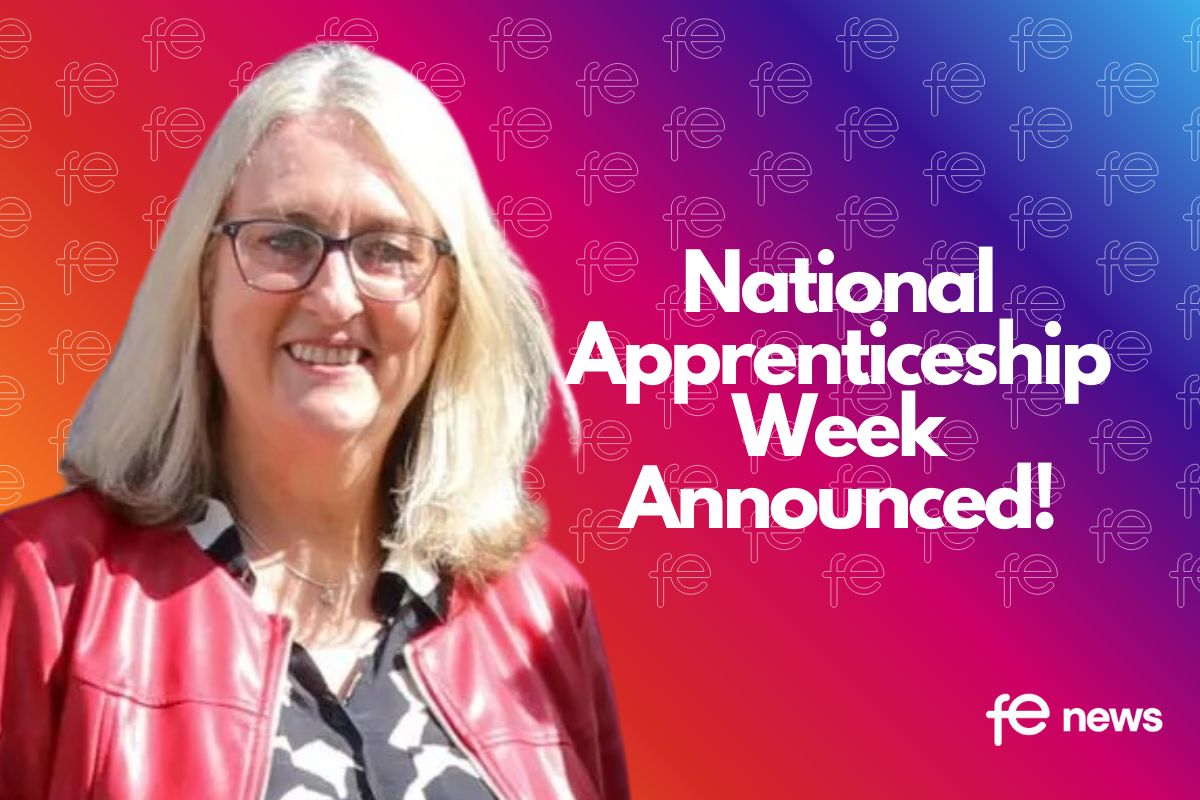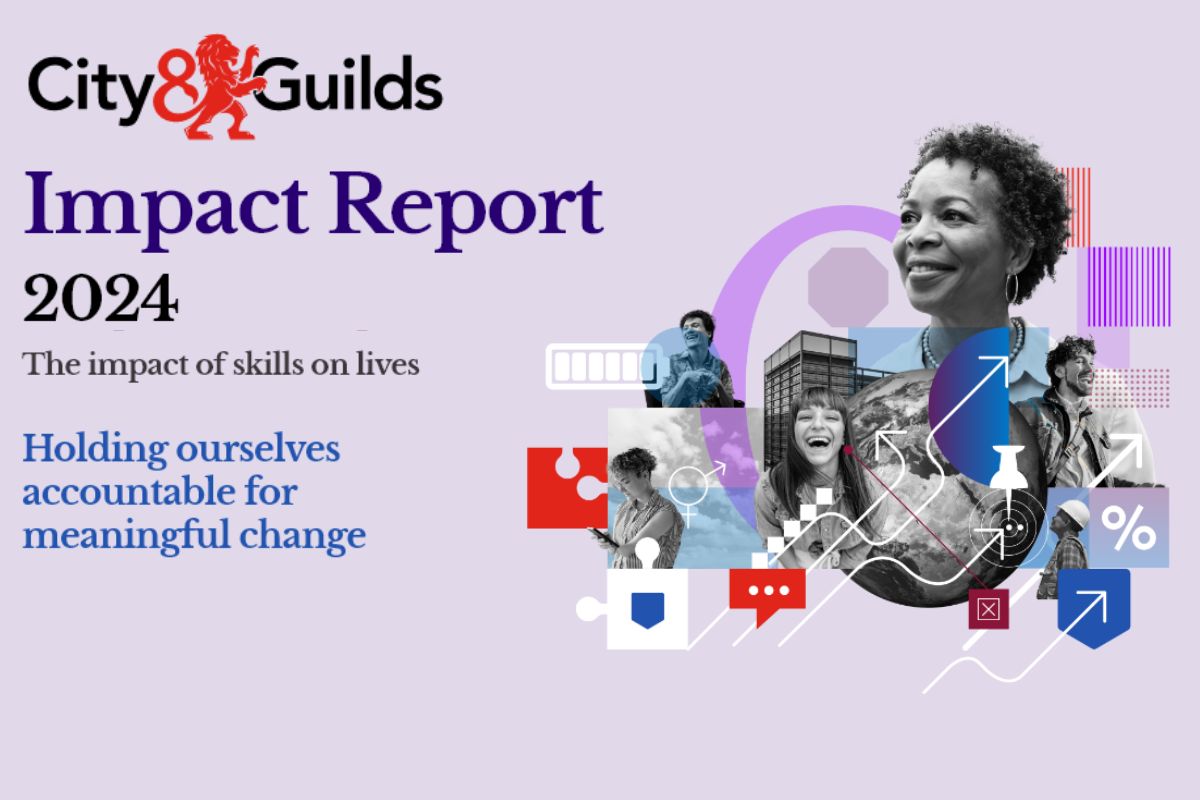Protecting the Mental Health of Young and Adult Apprentices

Climbing the Agenda
Mental health has always been a topic high on the agenda for Amazing Apprenticeships – and the events of the past 10 months have brought it directly into the spotlight.
We spend hours every week talking with apprentices, training providers, employers, teachers, and parents. Through these discussions, the mental health crisis is both apparent and concerning.
Now more than ever, we see it as part of our responsibility to create space for open, judgement-free dialogue around mental health. As a result, we offer what support we can to all of our audiences and partners, including an extensive range of free wellbeing support webinars, workshops and resources.
Apprentices are in the unique position of endeavouring to combine both employment and study, while also learning to hurdle the challenges the pandemic has set for us all. We know from our research that an apprentice’s concerns not only include those many of us currently share (financial hurdles, the loss of in-person support, social interaction, and concerns around passing the virus to loved ones) but also situation-specific worries.
We know that these concerns currently include:
- Balancing work and study, while keeping both employer and training provider happy
- Managing 20% ‘off the job training’
- Lack of access to digital devices and connectivity
- Whether training providers will survive the pandemic
- Whether their employment will continue or employer will remain trading, and
- How tests, exams and assessments will be completed.
Mental Health Concerns
Amazing Apprenticeships’ wellbeing survey, conducted in the summer, showed that 50% of respondents were particularly concerned about the mental health and wellbeing of their apprentices. In keeping with our findings, the most recent research by The Prince’s Trust, published January 2021, shows that one in four young people (26%) feel unable to cope with life and 50% said their mental health has worsened since the start of the pandemic. Post lockdown 1.0, Mind announced that over two thirds (68%) of young people in the UK felt their mental health had worsened. It does not take an expert to see, hear, and understand that mental health issues are even more of a concern than they have ever been.
Best Practice for Apprenticeship Employers and Providers
Many employers are now taking time to re-assess both on-programme support for existing apprentices, and onboarding procedures for new apprentices. We need to ensure that establishing best practice around mental health is a priority too.
We are seeing lots of large-scale mental health campaigns and resources from organisations including Heads Together, Mental Health Foundation, Young Minds, Remploy, CALM, The Samaritans and Mind, many of which are supported by celebrities, sports personalities and even the Royal Family. On a local level, there are many charities and smaller organisations who also offer support and guidance.
Clearer information is required to collate and identify the services available so that apprentices can be quickly and efficiently signposted in the most appropriate way. A common approach must be found so that all apprentices, no matter of the size of employer or location in the country, are given equal access to the support services that they need.
Priority should focus on addressing the need for in-person interaction. The lack of human interaction that the pandemic has forced on us is particularly telling when it comes to our young people. We must look to enable individuals to be able to access enhanced face-to- face support.
Peer-to-peer support systems will also be key. We must make space to facilitate opportunities for apprentices to share their experiences, techniques and best practice collectively, within a safe and supportive environment.
While addressing the immediate crisis takes precedence, it is also incredibly important to invest in prevention. Wellbeing and mental health training should become a key skillset for all of those who work with apprentices. Supporting wellbeing from the outset, identifying early signs of concern, creating opportunities for apprentices to share their experiences, and initiating mental health programmes will be key to protecting the future health of our apprentices post Covid-19.
Recommendations
Now is the time to ensure equality of access to high-quality support services, increase and prioritise on-programme wellbeing support and ensure that apprentices have their mental health and wellbeing needs met.
Recommendation 1
The education and skills sector should work with the mental health sector to deliver clearer signposting to mental health support services with equitable access for all apprentices of every age.
Recommendation 2
Enhanced face-to-face mental health support should be made available to apprentices with facilitated peer-to-peer opportunities.
Recommendation 3
We need extra investment to prevent mental health issues arising amongst apprentices, equipping those who support apprentices with skills to identify early signs and build programmes with wellbeing at their core.
By Anna Morrison, Amazing Apprenticeships
Understanding and Overcoming a Mental Health Crisis in 2021 |
|
This article is from the new publication ‘Understanding and Overcoming a Mental Health Crisis in 2021: issues for post-16 education, employment, the world of work and retirement’. Some of the issues and concerns for mental health discussed existed prior to the pandemic, but Covid-19 has caused additional pressures on young people and adults. The authors make specific recommendations to support apprentices and students at colleges, university and in adult learning, as well as people in and out of work. The important role of education, lifelong learning and good work in promoting mental wellbeing and reducing mental health problems is also addressed. Published by the Campaign for Learning, it brings together sixteen specialists from mental health and post-16 education and employment to set out what needs to be done to prevent or limit a mental health crisis in 2021. |
|











Responses